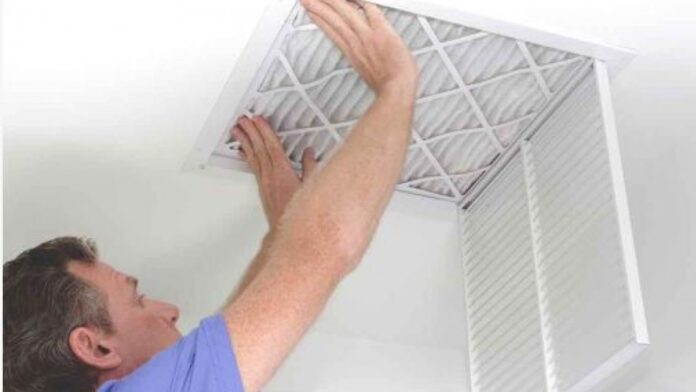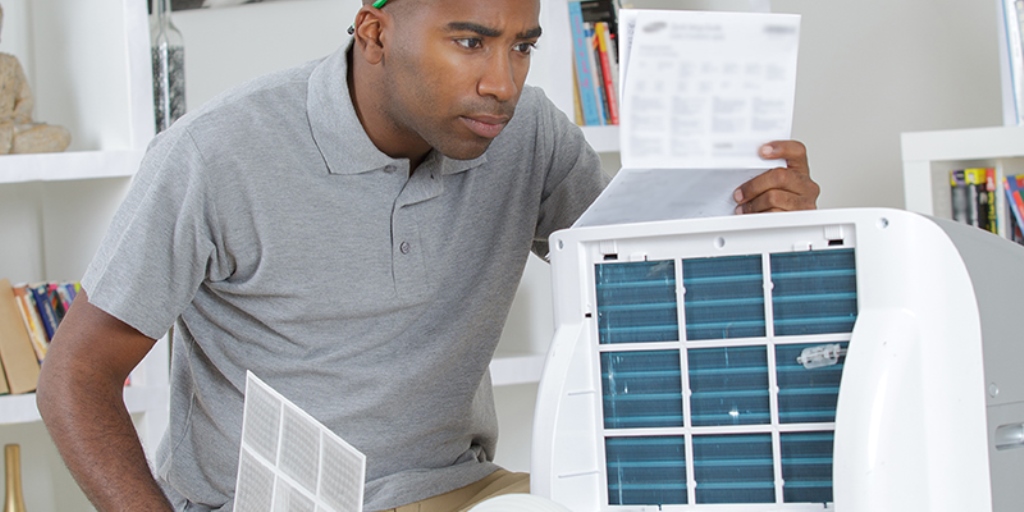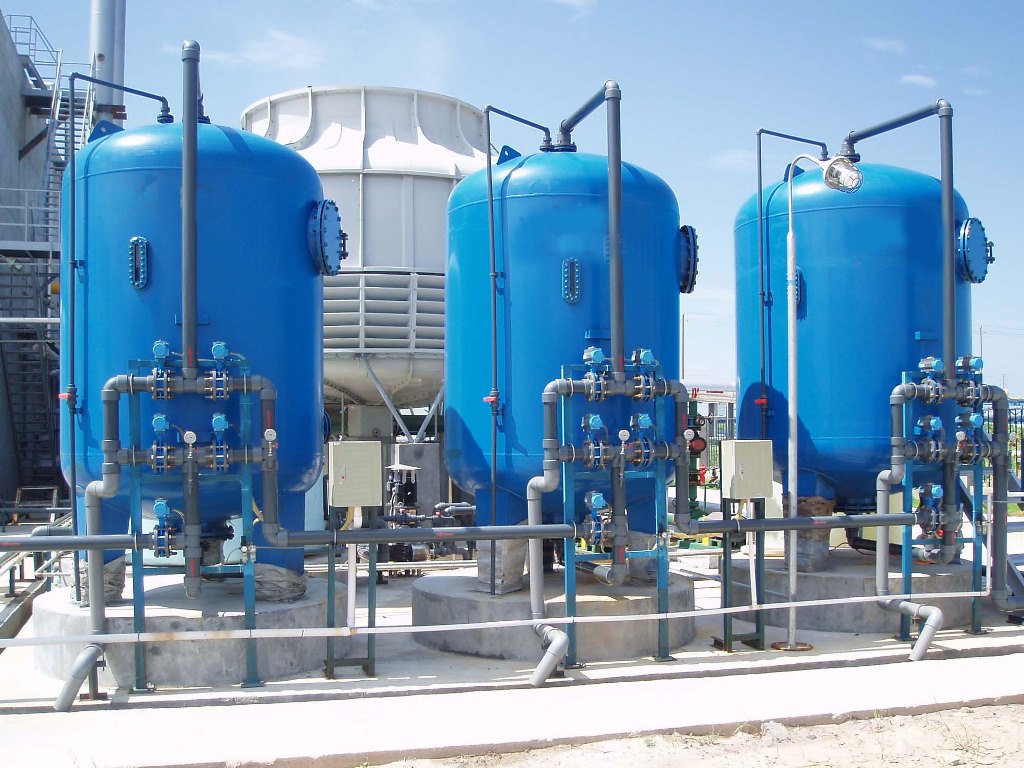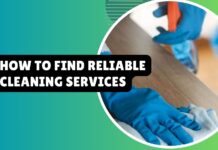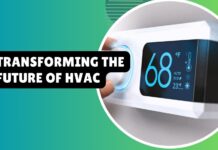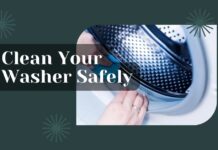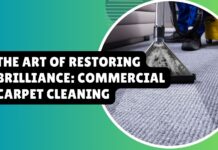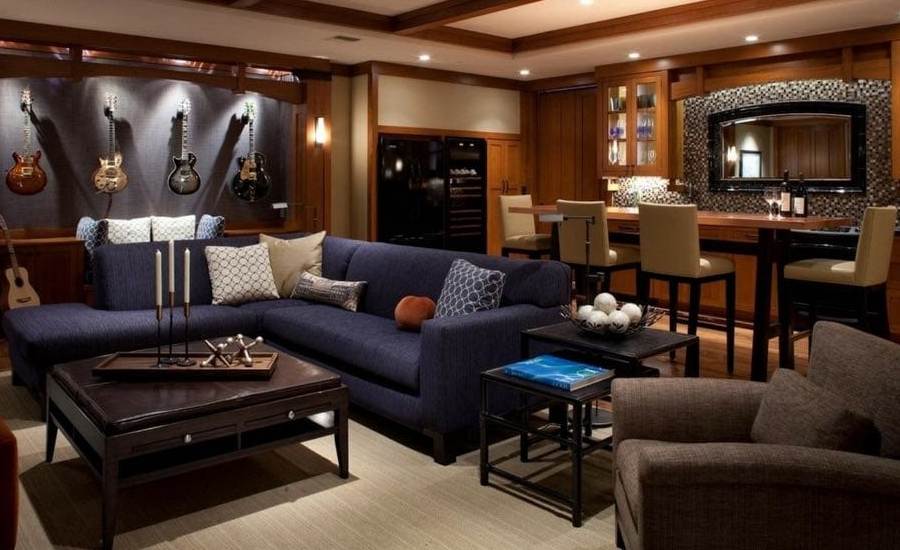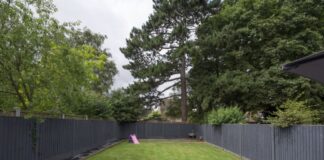The air you breathe has a big impact on your health. As people spend a lot of time at home, it is important that indoor air be clean and free of dirt, dust, and particulate matter. Some studies show that indoor air is often more polluted than outdoor air. If you live in an area that has high levels of pollution or pollen, indoor air can be unhealthy.
Air purifiers are a good way of filtering indoor air and providing clean air for all family members. With the recent pandemic situation and the necessity to keep viruses and bacteria away, purchasing an air purifier for your home is a wise decision. But there are many types of air purifiers in the market, that have different types of air filters in them. The air filter that will work best for your home will depend on your requirements and space.
Here is a list of the different air filters available and their features, so that you can make an informed decision while buying one.
HEPA air filter
High Efficiency Particulate Arresting (HEPA) filters consists of a dense paper filter. This captures all the contaminants in air like dust, pollen, mold, pet dander. But it is degradable and must be changed after 6 months to 1 year of use.
Many air filters use the term HEPA, as it is so popular and in high demand. But to ensure that you are receiving an original HEPA filter, you must look for certificate labels that mention ‘True HEPA filter’. Only products that meet the strict standards set by the US Department of Energy can display the ‘True HEPA filter’ label.
A True HEPA filter is certified to remove 99.97% of all the microscopic particles from air, even particles as small as 0.03 microns in size. This is the tiniest sized particle that can get into your lungs. If you have a true HEPA filter, you can safely breathe indoor air.
Ionic air filter
An ionic air filter (also known as an Ionizer purifier) uses charged electrical surfaces to purify air. The purifier emits negatively charged ions into the air. Contaminants are positively charged, so they get electrostatically attracted to the charged collector plate. Only the best ionic filters will catch contaminants in air. Others will only make them fall to the ground. Ionic filters do not need to be replaced.
Activated carbon filter
Activated carbon filters consist of many absorbent pores that absorb volatile chemicals and neutralize them. This air filter does not remove any contaminants from air but only changes them from gaseous to solid state. These filters focus on removing particles that smell.
UV light air filter
The UV (Ultraviolet) Light air filter emits an invisible light which is used to attack germs or viruses. Even though the UV light is not harmful to humans, it is contained inside the purifier. Air passing through the purifier is exposed to the UV light, that sterilizes germs. These filters need to be changed frequently.

